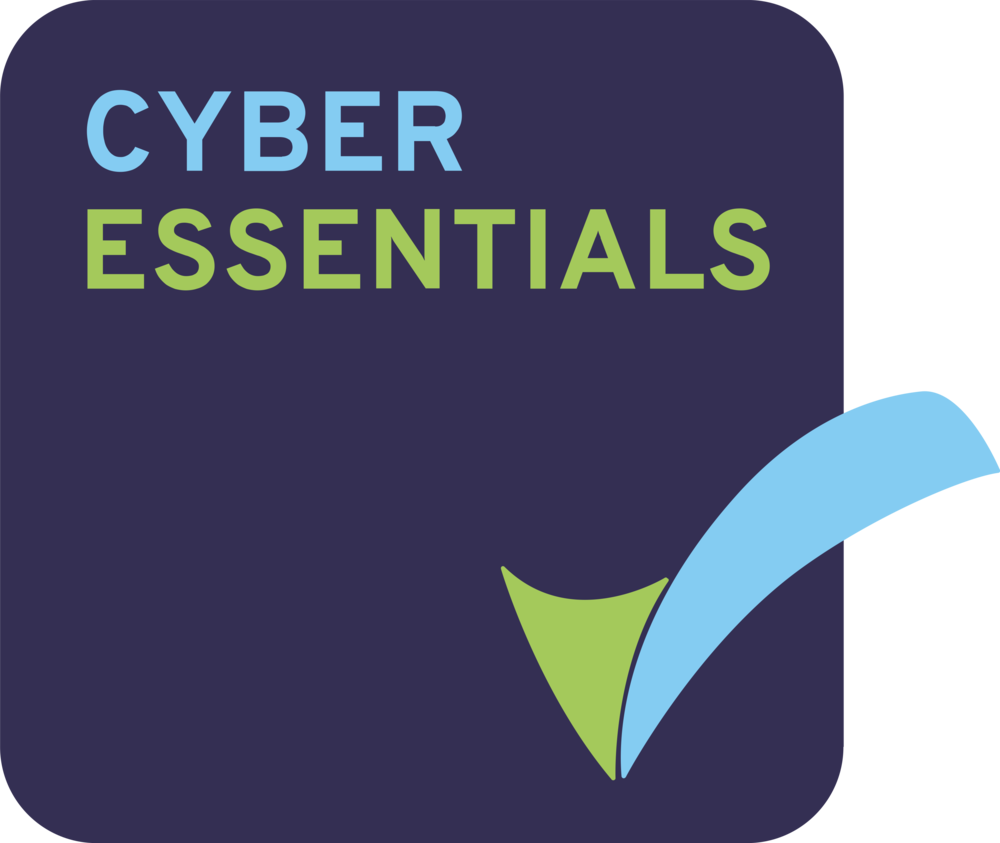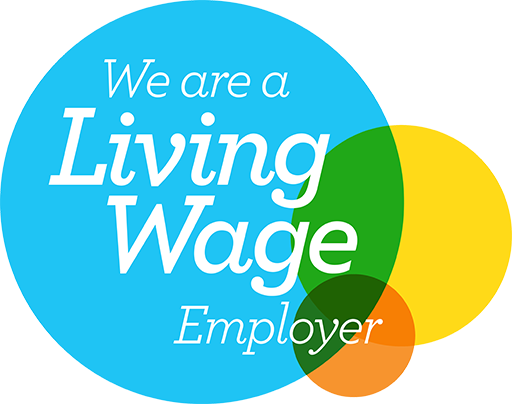5.5.1 Initial Enquiries
Having a workable process for dealing with volunteering enquiries is beneficial regardless of the size of your organisation. It does not need to be complicated – the main thing is to ensure everyone who may potentially need to deal with enquiries is aware of what they need to do. It is really important that anyone answering the telephone or monitoring emails is aware of your enquiry process.
Think about how potential volunteers can make contact with your organisation. Use as many forms of contact as you can successfully manage such as phone, email and online forms. If you are very restrictive with your contact methods you may not get as many people contacting you.
Tracking the whole volunteering journey from initial enquiry to exit interview could be beneficial to your organisation as it gives you an idea of the number of people who have expressed an interest in your organisation compared to those who start volunteering with you and this may highlight areas for review and improvement.
When a potential volunteer has registered their interest in volunteering with your organisation you should try to make contact with them as soon as possible. People lose interest if they are not kept informed during the recruitment process. If you are not currently recruiting make a point of telling them this, if they have a particular affinity with your cause they may be willing to wait and could be added to a waiting list until your next recruitment drive. If not, you can offer alternative routes to volunteering such as VSGWL. If you do not have anything suitable for the volunteer making contact shows the volunteer that you appreciate their interest and they can then investigate other options.
Decide what information you will give and receive from potential volunteers. Some organisations may prefer to send an Information Pack possibly containing organisation information, role description and an application form. Others may prefer a short registration of interest form and to share additional information during an informal face to face meeting. Although Application forms allow organisations to get some background information on the potential volunteer they are no substitute for a face to face meeting and may be a barrier for some potentially excellent volunteers who may not have written English skills or may feel more comfortable meeting face to face.
Try to be as flexible as possible when arranging face to face meetings taking into account that potential volunteers may have work, family or caring commitments.
Your recruitment process may be very quick or quite slow depending on your available resources, the nature of your service and requirement for pre volunteering checks. Try to set expectations early in the recruitment process, generally people do not mind waiting if they are kept informed. Possibly add people to your newsletter mailing list to keep them abreast of your work during the recruitment phase.
5.5.2 The Selection Process
Recruiting volunteers tends to be more informal than interviewing for paid staff. Agree a time and place for a meeting and remember to find out they have any specific support needs or accessibility requirements. Your meeting is an opportunity for you to find out a little more about the volunteer and for them to find out a little more about your organisation. Some things you may want to discuss include:
|
|
|
|
|
|
|
|
|
|
|
|
|
|
Follow up your discussion with a letter or email confirming in writing the volunteering opportunity offered and explaining what happens next. You should make it clear if you need to wait for satisfactory references and a PVG disclosure before the volunteer can begin and what the expected timescale is for this.
5.5.3 The Screening Process
Your organisation has a responsibility to ensure that service users, staff and volunteers are in a safe environment and that volunteers are suitable for the role they are expected to perform. You should make this clear to potential volunteers and explain the methods of screening you employ during your informal interview.
Some methods of screening volunteer suitability could include:
|
An agreed trial period
|
|
|
Offer taster sessions
|
|
|
Pre volunteering training
|
|
|
Reference Checks
|
Always follow up on reference requests |
|
PVG Check
|
Refer to your Ex-Offenders policy if necessary. |


